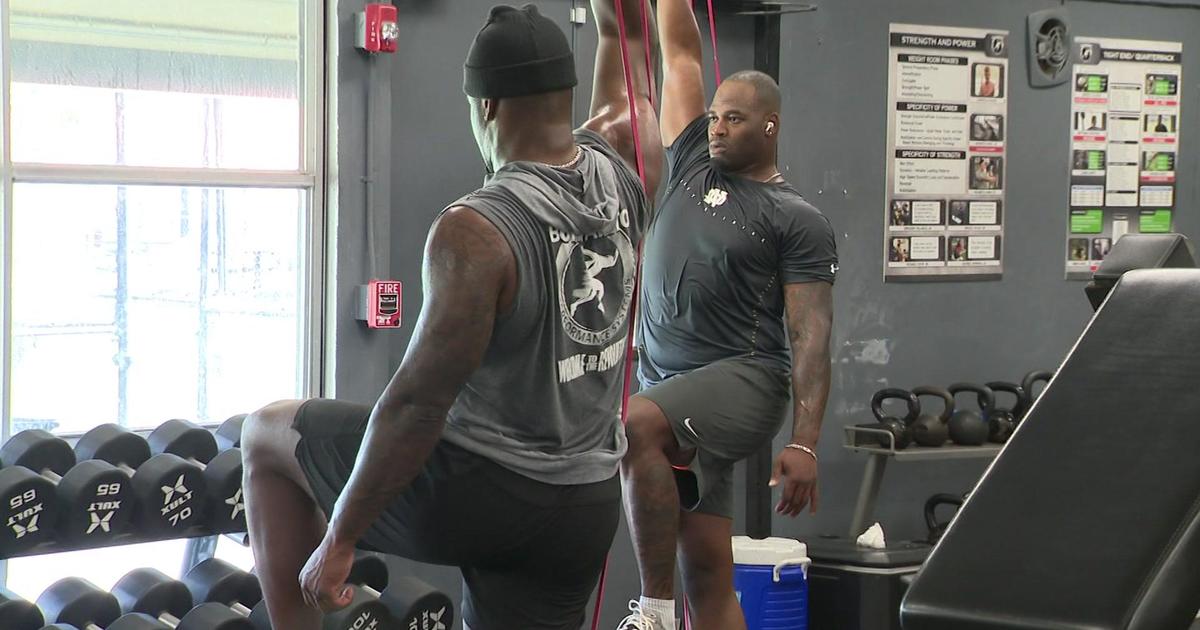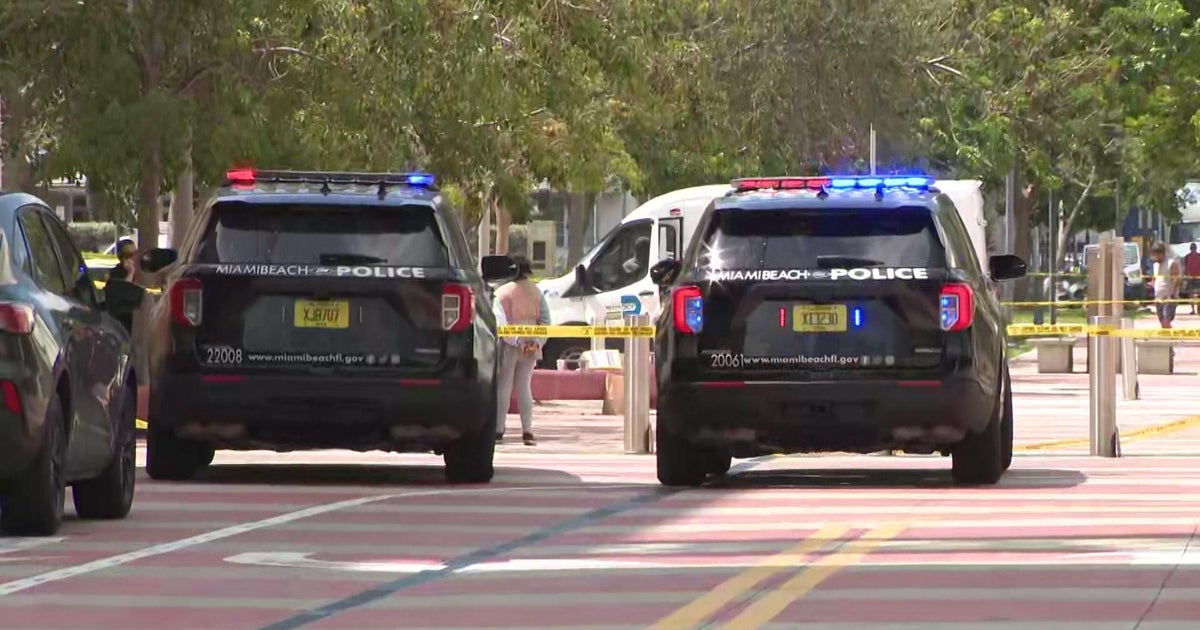Lack Of Institutional Control Is Gateway To Severe Penalties
MIAMI (CBSMiami) – The NCAA leveled the most serious charge it has in its arsenal, lack of institutional control, against the University of Miami for the school's part in the Nevin Shapiro scandal. The term, institutional control may be foreign to fans, but something schools dread seeing from the NCAA.
The NCAA defines institutional control as "the efforts institutions make to comply with NCAA legislation and to detect and investigate violations that do occur. NCAA member institutions are obligated to maintain appropriate levels of institutional control."
The lack of institutional control charge typically is leveled when the Committee on Infractions finds major violations of NCAA rules have occurred and the school failed to display: "adequate compliance measures; appropriate education on those compliance measures; sufficient monitoring to ensure the compliance measures are followed; and swift action upon learning of a violation."
While the charge seems to apply to entire institutions, individual coaches and staff members can be hit with the lack of institutional control charge as well.
The charge is the gateway to the NCAA's most severe punishments, up to and including the so-called "death penalty." The NCAA's most severe punishment involves shutting down a program for a year and then giving very specific limitations on how the program can be brought back.
Multiple schools have been hit with the lack of institutional control charge in recent years. The most famous recent case came at the University of Southern California during the Reggie Bush/O.J. Mayo scandal.
Bush allegedly received financial help and benefits from a sports agent and Mayo received impermissible benefits while at the school. The school allegedly knew about the violations and allowed the boosters and others to continue working with the school's athletes.
USC took a very defiant tone with the NCAA and the Committee on Infractions hammered the school with four years of probation, a two-year postseason ban for the football team, a one-year postseason ban for the basketball team, vacate any championships in which Bush played, and a reduction of 10 scholarships for football for three straight years.
The most infamous case of lack of institutional control was at Southern Methodist University in 1986. The school was already on probation for recruiting problems, but was discovered to be paying its players in a scandal that reached the governor's mansion in Texas.
There wasn't much SMU didn't do to provoke the NCAA's wrath and the Mustangs eventually were hit with the death penalty for the football program. The death penalty shut down the program for the 1987 season, the school shut down the team for the 1988 season, the team was put on multi-year probation and was banned from bowl games and television until 1989.
SMU lost 55 scholarships over four years and wasn't permitted to recruit off-campus until 1988 and couldn't host paid visits to campus by recruits until 1988.
Before the death penalty, SMU had a storied football including Doak Walker, Eric Dickerson, and Craig James. After the death penalty, the school didn't win a bowl game until 2009, some 22 years after the penalty was first imposed.



